ADSactly History - The role of the court of Philip II and Alexander III of Macedon in the development of Hellenistic art
The role of the court of Philip II and Alexander III of Macedon in the development of Hellenistic art
Although much has been written about the art and history of ancient Greece, it can not be denied that it had and has an uninterrupted influence on modern people. The 21st century man owes his own sense of harmony, rhythm and views to architecture and a general sense of beauty to the Greeks. It is not without reason that many current studies of various fields of human activity open the words "...already the ancient Greeks ..." The reason why the identification with the culture of Greece remains so strong is that this culture belonged to the most humanistic, putting the human at its centre. It was the gods of the Greeks who were created in the image of a man and were often equipped with human attributes.
Getting to know this wonderful culture began with finding the remains of the last Hellenistic period of its development. Thus, the study of the history of the art of ancient Greece began, as it were, from the end, from the last edition in the century preceding its conquest and absorption by Roman civilization.
My study refers to the heyday of Hellenistic culture, which is very interesting and crucial for understanding the processes of Greek history. The decline of the classical period and the transition from "static" to "dynamic", from the non-expressive and distanced style of this era to the deep and vibrant life and emotion of the Hellenistic style.
These changes resulted from the rapid expansion of Greece to the east, which led to an increased penetration of its culture into conquered areas.
After Philip's death, his son and successor Alexander inherited in 336 BC a reformed and modern state equipped with a modern army, an empire surrounding the Aegean Sea.
" Alexander was not deprived of Genius, he had too much of it, but even genius is an amazing product of his surroundings. What Alexander became, to a large extent, was the work of Philip and Macedonia", writes Green (1978: 13)
Young Alexander began a series of spectacular conquests in the East. The expansion of the empire induced major cultural changes: new cities were being established, the language of Greece was imposed, the migration of peoples increased. The sculpture is dominated by a new dynamic, the spiritual layer of sacred works is reduced, and at the same time, the emotional states of the figures are emphasized. And the best artists of this period are, sculptors, painters and Greek architects: Praxiteles, Scopas, Lysippus, Pitas, Nicias and Apelles.
Mixing cultures within Alexander's growing empire has led to the Greek flourishing of these arts and makes the context of his reign unchanging from them.
Alexander's conquests evoked dramatic cultural changes within his empire that followed throughout the Middle East. In this process, the creation of new Greek cities was crucial, 70 by Alexander (though in fact, it may be less than half of them). Some of these cities were transformed from existing settlements, giving them a new, dynastic name and furnishing Greek legislation. Alexandria in Egypt replaced the city of Memphis as the Ptolemaic capital, and Seleucia - ancient Babylon.
Plutarch discusses the following thesis: Alexander, son of Philip II, who united Greece, went a step further and expanded the "blessings" of Greek culture throughout the known world. He opposes the "savage" to those nations that benefit from these favors. And the result of their meeting was to be an inhabitant of Greek and Oriental culture - Hellenism.
Hellenization has influenced the cultures conquered by Alexander so far that even contacts between Greek philosophers and Buddhist culture in India are known.
The culture of that time has evolved from a classic, based on divine ideals to a new, more complex one. Now Greek freedom of thought has deepened, while in other countries (India) there are already extensive systems of humanistic philosophy. The Greeks now turned to the man himself, wanting to know his nature, his psychological structure, while the artists began to extract the interior of man, his inner expression and depth. Art was to find a new goal: to satisfy the requirements of ordinary people and rulers, to embellish private houses and palaces.
During Alexander's lifetime, many Asians saw him as a "god on earth", and in later centuries the "romance of Alexander" was born. It is impossible to find a ruler who would be able to merge local cultures into one whole when ruling over such a vast territory. Alexander’s high ideals are consent to religious freedom, equal rights regardless of origin, the possibility of appealing to the king by every citizen, pursuing a political agreement.
As a result of Alexander's actions, Greece and her subordinate world were overrun by a real "oriental revolution" that opened this country to Eastern art, political culture and customs. The Greeks saw in this influence the act of goodness. Conquered by Alexander, they were happier than those who avoided his rule: they had ideals and means to end the hopelessness of their existence.
Alexander persuaded Sogdians to support your parents instead of killing them, and the Persians - to worship their mothers instead of marrying them (...) and the Scythians - to bury their dead instead of eating them!" - Plutarch
The epoch of Alexander the Great and the times that followed it are the arena of dramatic changes in the culture of the Mediterranean. Breaking the power of the Persian Empire led to the crystallization of a new social and political reality. Alexander’s death contractually marks the advent of a new Hellenistic era in which Greek culture has penetrated countries from Asia to the foreland of India.
The largest cultural centre of the Greek world in the classical period was Athens, while the rapid growth of the country to the east enabled the flourishing of new political and artistic centres: Alexandria in Egypt, Antioch in Syria, and Pergamum in Asia Minor.
The art and culture of the Greeks penetrated the Persian Empire as a result of Alexander the Great's conquest of this territory. A new order with a cosmopolitan and strongly individualistic feature was created by diffusion.
These changes have influenced sculptural art, painting, architecture and urban planning, religion and spirituality. Works of art at the turn of the ages were characterized by new dynamics, stronger expressiveness, sometimes so-called "Baroquisation." The decorative art developed significantly, and the use of floral ornament became popular.
The decline of democracy on the model of Athens is also a new political situation and the so-called worship of rulers. Its fruit is the growing visibility of the art of portraying rulers. These performances have undergone changes that have expressed the clearer application of divine attributes to rulers.
The Hellenistic kingdoms that were created later dominated the whole Middle East for several centuries and the echoes of this era were to last for another thousand years.
Authored by @highonthehog
References
Images: sources linked below
Photographs taken by @highonthehog
• Green, P. Hellenistic History and Culture, University of California Press, 1996
• Boardman, J., Griffin, J., Murray, O. The Oxford History of the Classical World,Oxford, 1986
• Kumaniecki, K. Historia kultury starożytnej Grecji i Rzymu, PWN, Warszawa 1964
• Hammond, N. G. L., Dzieje Grecji, Państwowy Instytut Wydawniczy, Warszawa 1994
Click on the coin to join our Discord Chat

Witness proposal is here:
Go To Steem Witness Page
In the bottom of the page type: adsactly-witness and press vote.

Use small letters and no "@" sign. Or, click here to vote directly!
Thank you!
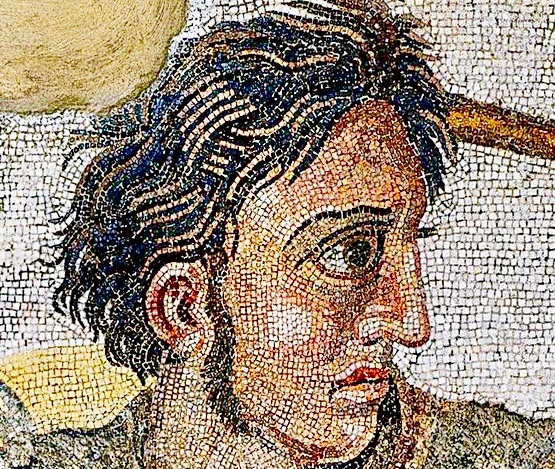

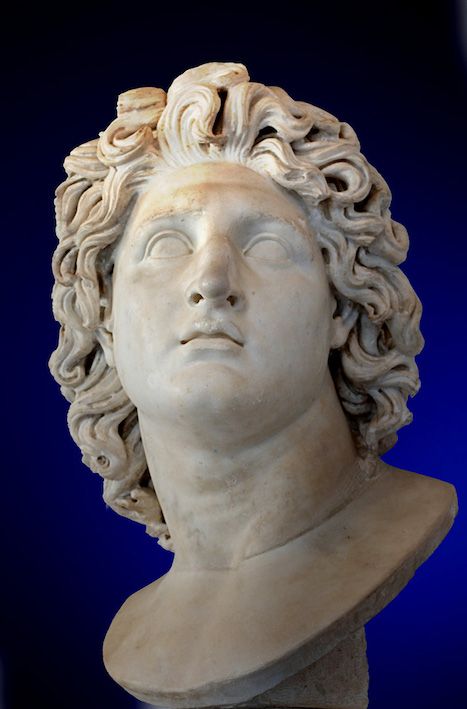
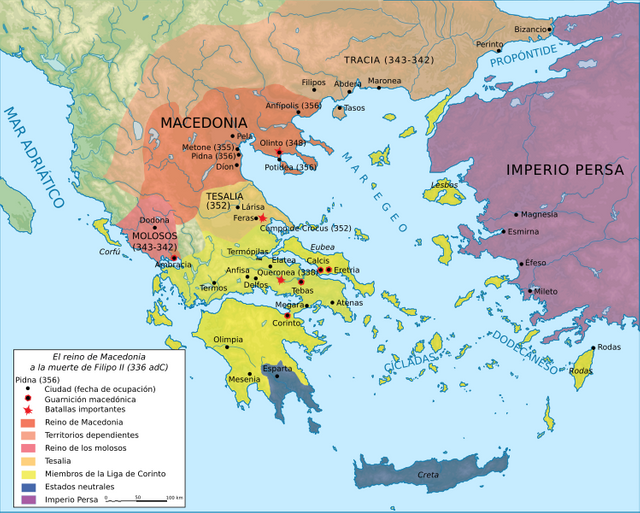
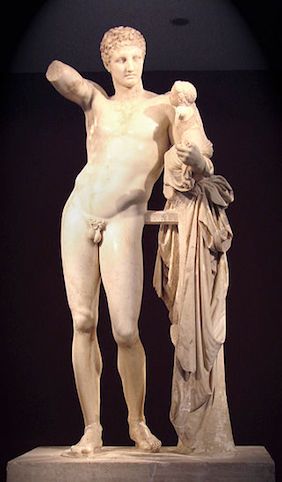
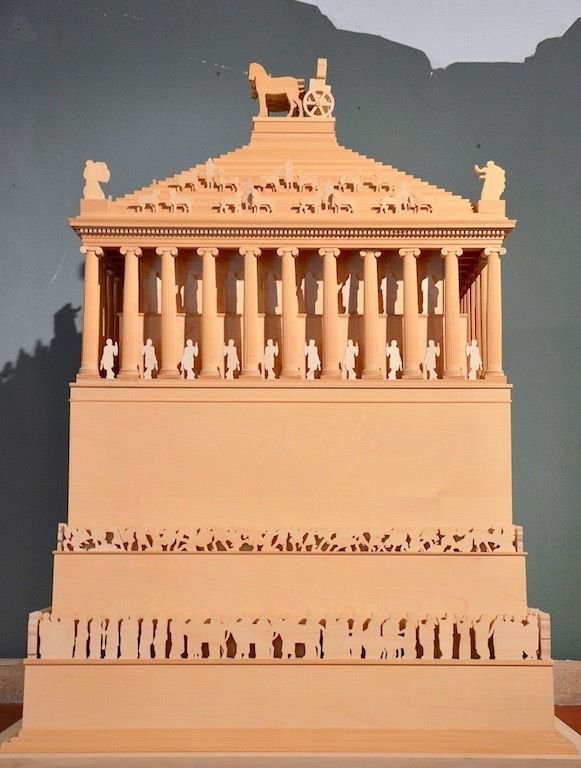%202.jpg)
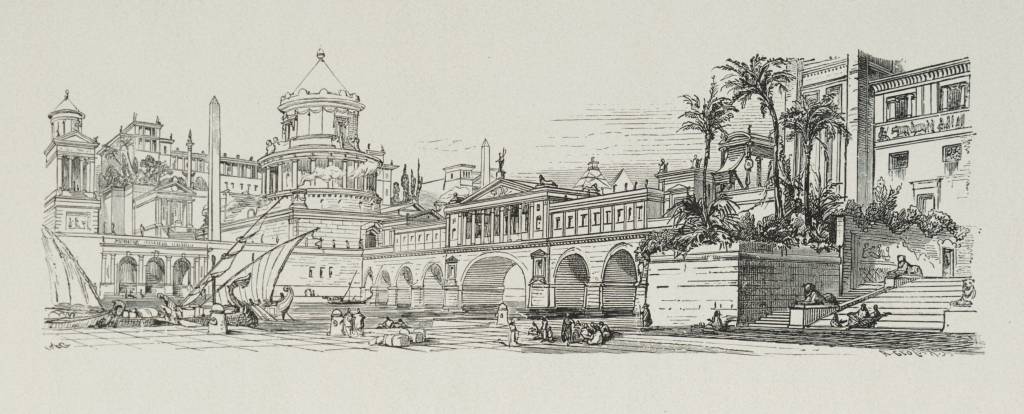_-_TIMEA.jpg)
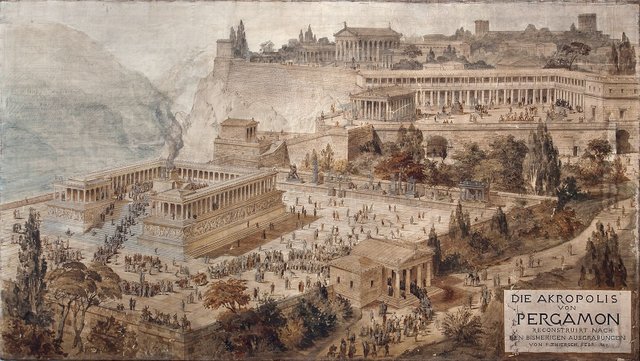
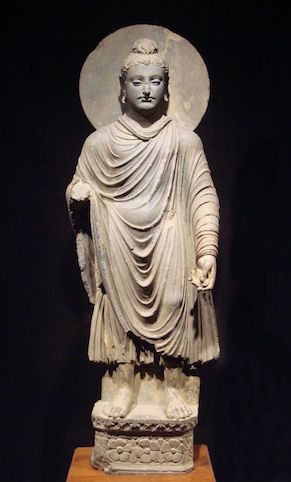.jpg)
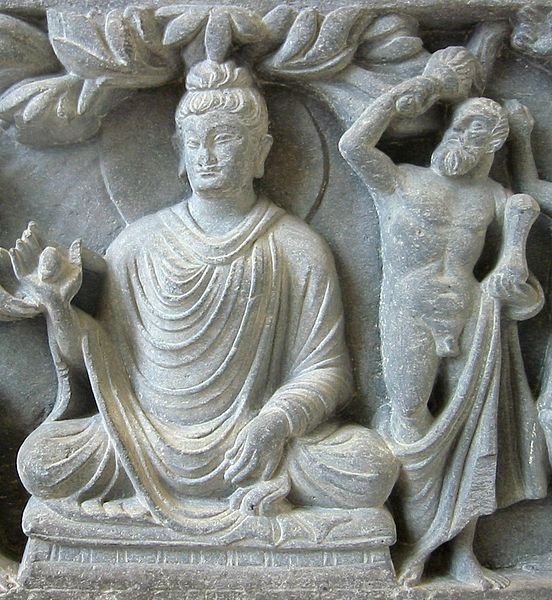
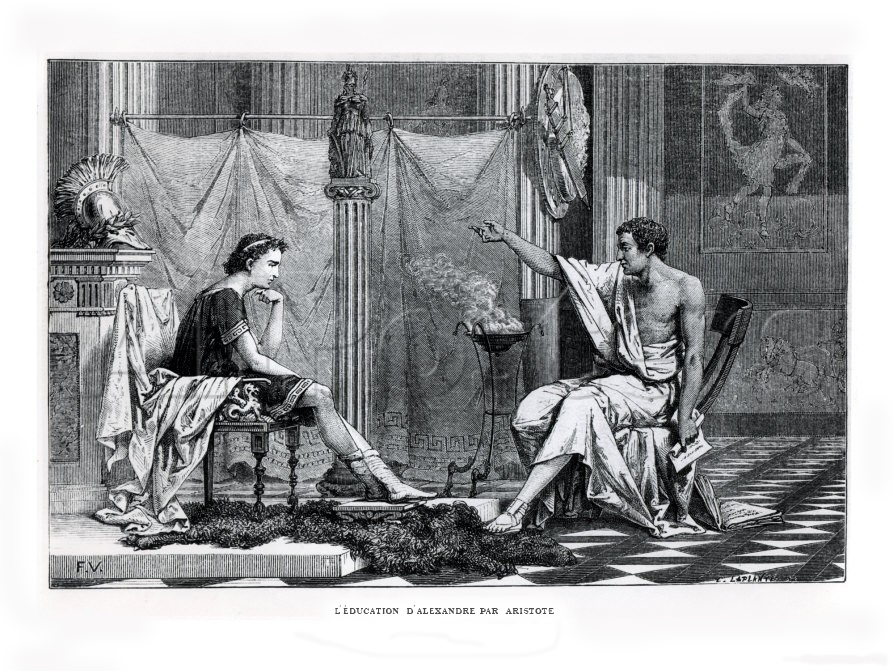
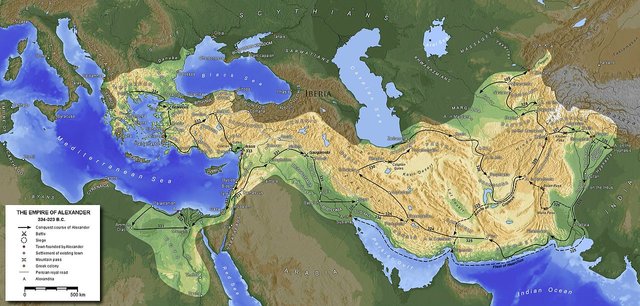
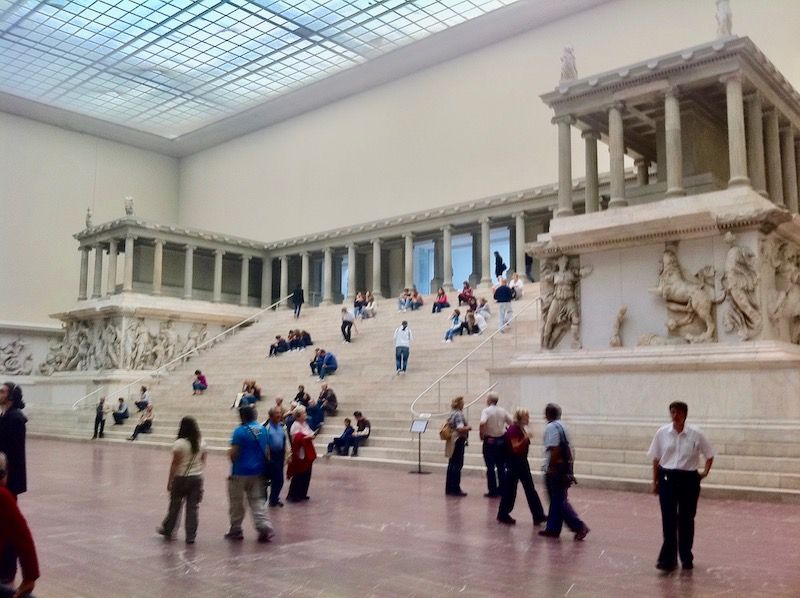

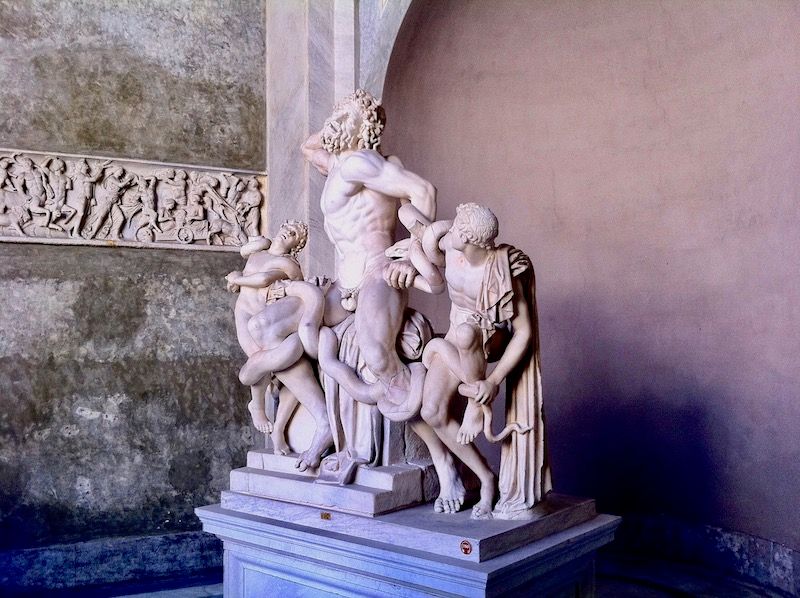
Greece has so much history to learned about the rise and fall it's quite volatile, but look at their real current situation now, they have economic crises.
indeed, history and art are beautiful and serve as an inspiration for generations. unfortunately, it is no longer the same state as it used to be, the sum of bad decisions and the lack of good leadership are taking its toll .
Time for a resurgence. I want the kind of inspiration that the ancient art can provide.
Art, freedom and creativity will change society faster than anything.
Keep steemit.
Surely, it has already begun, thanks for reading.
Agreed, arts do help, and that is why we have a first amendment.
Wonderful
Thank you !
I like the post. Of course,it is very good to highlight old civilizations. Thanks you sharing the post.
much appreciated.
its really a good post,i like it
Thank you !
wonderful article .. thanks for sharing this history
Thank you for reading and kind words :*
follow you .thanks
Great read! Thanks @highonthehog! I think there is one great article to make about the lost Greek kingdoms of Bactria and north-west India, which survived the disintegration of Alexander's empire for a while. And you may be the Steemian for it :)
Thank you, and as you go deeper, it gets even more interesting. When you take a closer look at the Greco- Buddhist art, the connection is striking and you begin to wonder... ;)
I really liked some of the pictures you used. I know lots of greeks, also my girlfriend is greek. I will use some of this stuff to impress them :P
Thanks for sharing the knowledge!
thanks for dropping by, good luck !
Wonderful and beautiful culture. Great post you gat!
thank you for the appreciation, I honestly enjoyed writing about it.
This is such a good post and I enjoyed reading it. Almost anything about Greeks seems always amazing to learn.
isn't it! I totally have the same feeling, I can dig in the topic for hours and I never get tired, how cool is that!